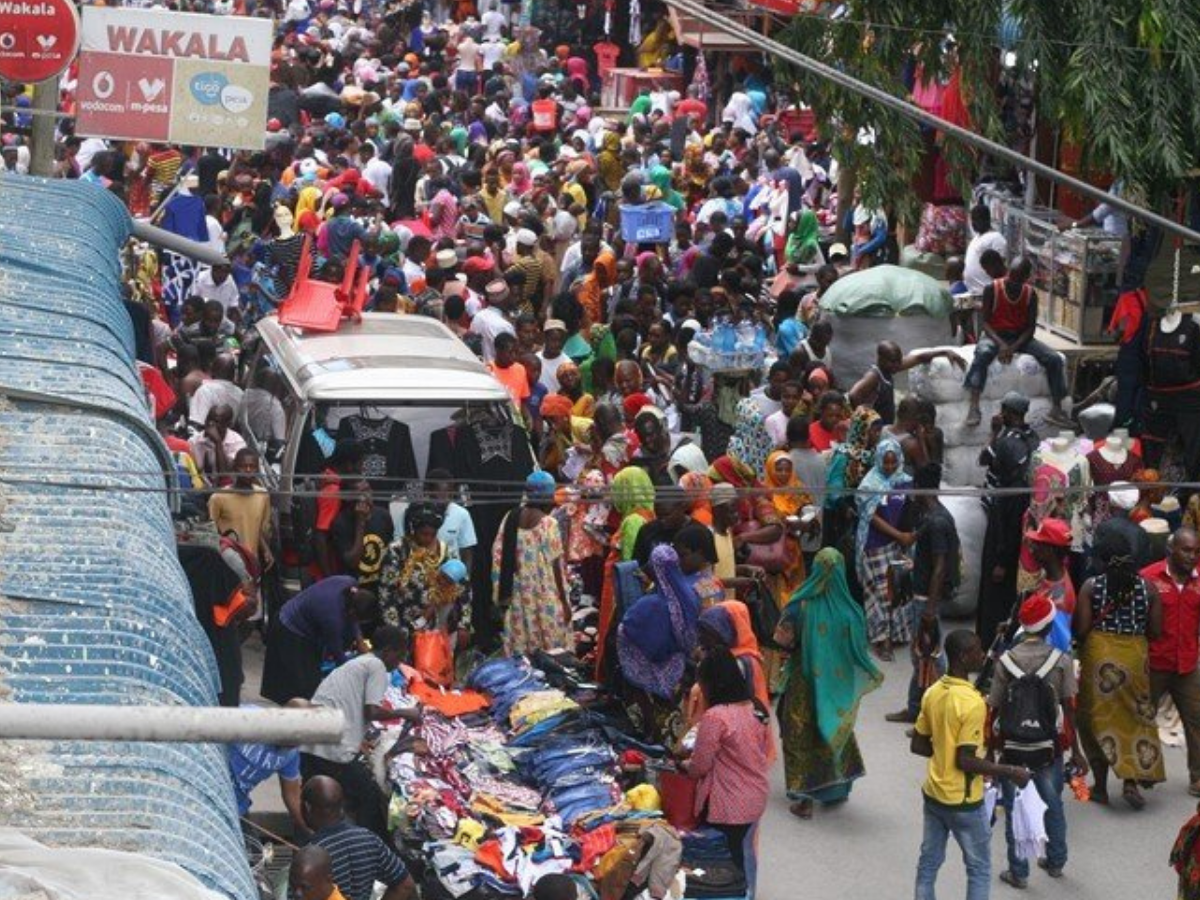
Do Not Promote Urban Chaos!
- Category: Peering Eye
- Date 19-03-2006
- 666 views
If Tanzania were Zimbabwe, major worldwide journalists would be reserving for us all international negative headlines in the global media. Britain and America would be so critical as to deny us aid and mobilise the rest of the world to isolate our country, as Africa’s expedient rulers would chant their coloniser’s litany. Luckily, we are not Zimbabweans so pavement kiosks can be demolished with little international condemnation.
Latest police operations to tidy-up the country’s urban centres of street vendors has yielded tears and regrets for both the law enforcement personnel and the messy roadside hawkers. Reports show that in the wake of the unplanned venture by government functionaries to clean towns of unwanted human brokers – street traders and bus-ticket touts – the project has miscarried miserably, resulting into some deaths and loads of injuries.
Four hours of rioting touched off by the police and security guards’ crackdown on petty sellers saw the enforcers of law and order confiscate vendors' wares. In the ensuing scuffles, shops and offices in the town were reportedly shut down, and deaths occurred in the town of Mwanza along the shores of Lake Victoria in the north. Kiosks were also demolished and vendors removed in the capital, Dar es Salaam where numerous people were also injured before anti-riot police quelled the violence with tear gas.
But for the intervention of Prime Minister Edward Lowassa, to suspend the street cleanup for six months, a lot more blood would have been shed and additional lives lost! The Chief Minister has argued that for the change to be effective and accepted, local authorities and vendors alike would need more time to prepare for the change. I cannot doubt the silver-haired man’s wisdom.
It goes without saying however that this country merits decent business demeanour with secure environs. If every person must start a trading project whenever and wherever they like, without regard to the towns’ original plans and without approval by urban authorities, no doubt our towns will remain havens for criminals and social insecurity. Pickpockets as well as out-and-out thugs will take charge of the towns and wreck such confusion as is known South Africa’s Cape shanties.
The presence of street vendors across various trading centres has always been a recipe for confusion for a long time. Human traffic congestion is the order of the day in zones occupied by makeshift traders, with assorted mercantile on display as hawkeyed selves straddle the roadsides to market their rudimentary stock.
The screaming and jerking of the young men in that trade is often irritating: some would shout and advertise the sale of executive suits at cheap cost; others howl like mating beasts that they possess pricey jewellery at incredibly low fees. A few will whisper to you that they trade in foreign currencies at impressive rates, as they lead you somewhere to rob you.
This writer has never forgotten how a wayside mbongo attempted to con me of my hard-earned fifty dollars, offering impressive exchange rates early in 2004. This betrays how unsophisticated merchants would acquire, subsidise and sell so cheaply as they do. Such glaring evidence of rackety inclinations, set for police enquiry!
That aside, let all keen tradesmen secure legal and orderly premises to sell their merchandise. Short of this, the stage is set for increased urban chaos. Vendors and touts have been blamed for a rise in petty crimes, often committed in broad daylight in front of them. They never warn the victims or volunteer information to the police.
Truly, such a small roadside edifice might be the only source of livelihood for the miserable vendors; to pay children’s school fees and the family’s rent. Besides, government ought to alert them in advance to plan for a life away from the verges of the street. Where licenses and other taxes had been paid, compensation should be processed.
However, Prime Minister Lowassa’s intervention should be temporary at best – to allow the vendors "prepare themselves adequately" – not prolonging the nuisance of roadside vendors for political expediency.
By Venansio Ahabwe
Souce: Peering Eye, Citizen Magazine
